Category: Articles
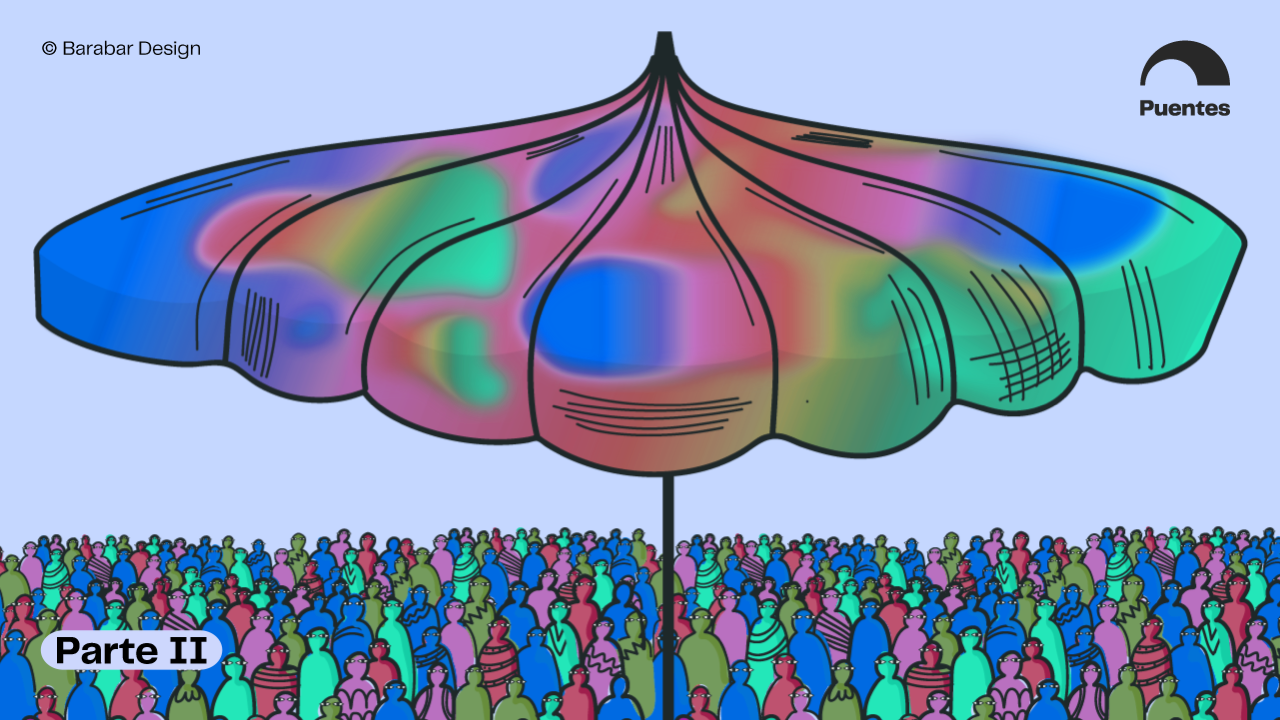
From Interconnection to a “Larger Us”: Expanding Circles of Identity, Care, and Solidarity (Part II)
By Mónica Roa, Puentes In the first part of this blog, I explored how the narrative of interconnection can serve as an antidote to authoritarianism by challenging fear-based stories that...
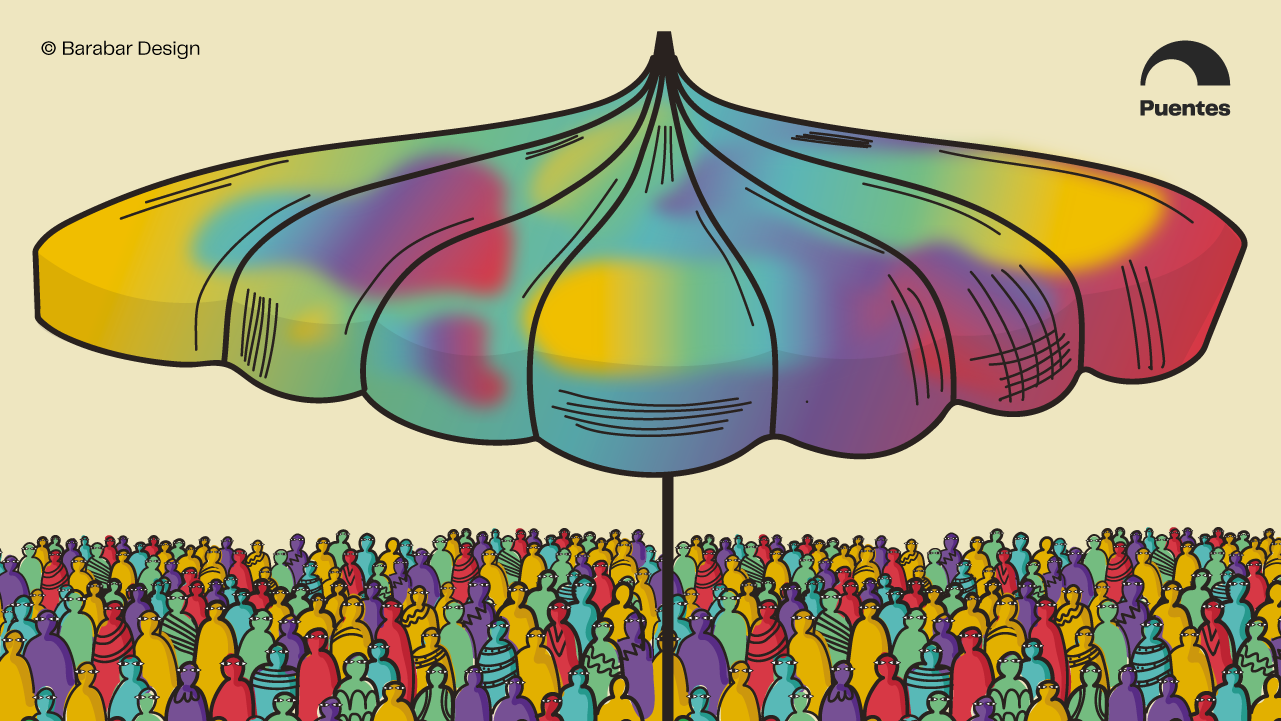
From Interconnection to a “Larger Us”: Expanding Circles of Identity, Care, and Solidarity (Part I)
By Mónica Roa, Puentes In a world where public spaces for social interaction are vanishing and digital platforms promote isolation through hyper-personalized consumption of entertainment and services, at Puentes, we...

Fascism and Isolation vs. Democracy and Interconnection: The Narrative Antidote to Authoritarianism
By Mónica Roa, PuentesOne way to understand our time is as a battleground of intense narrative disputes. On one side, the climate emergency, the impact of artificial intelligence on employment,...
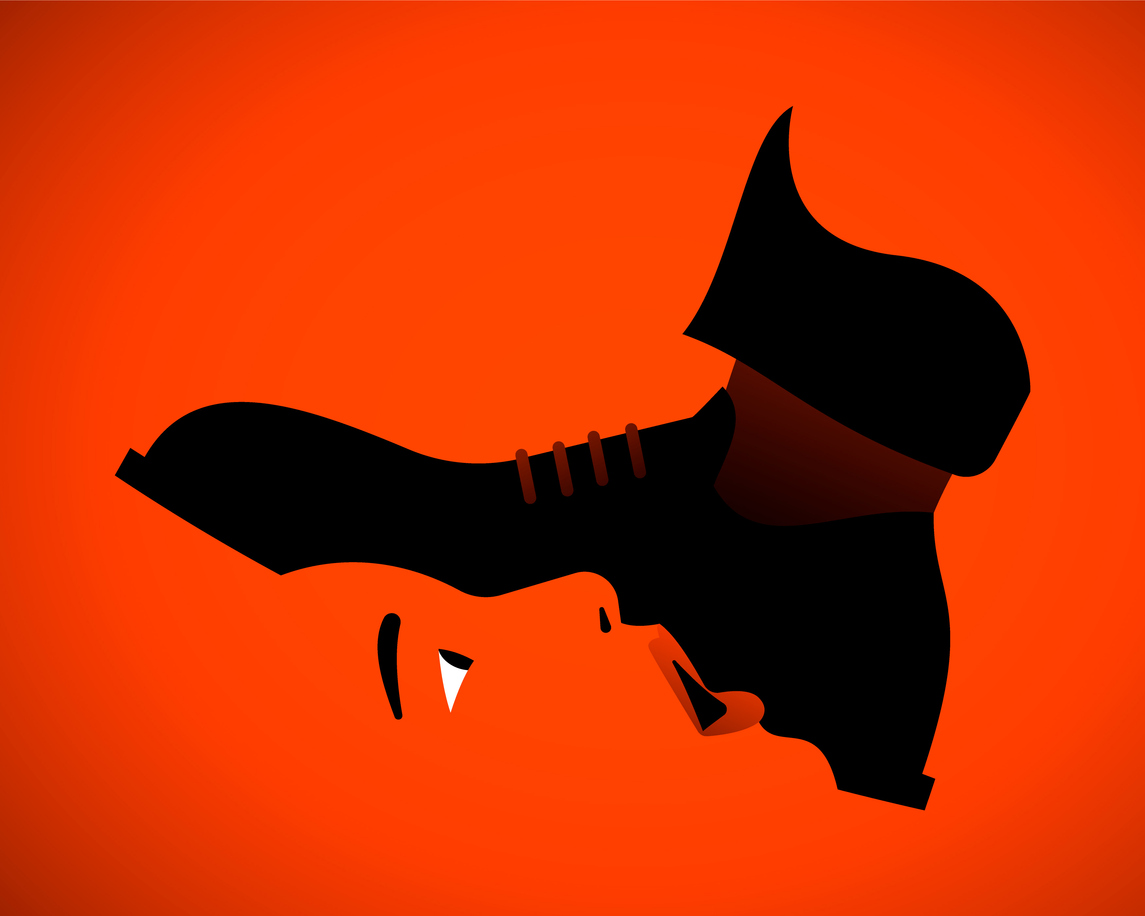
Faith and the Authoritarian Playbook
*This article was written by Chief Organizer Maria J. Stephan and was first published on Sojourners, you can access the full article without a paywall here. How Christians can defend and nurture democracy...
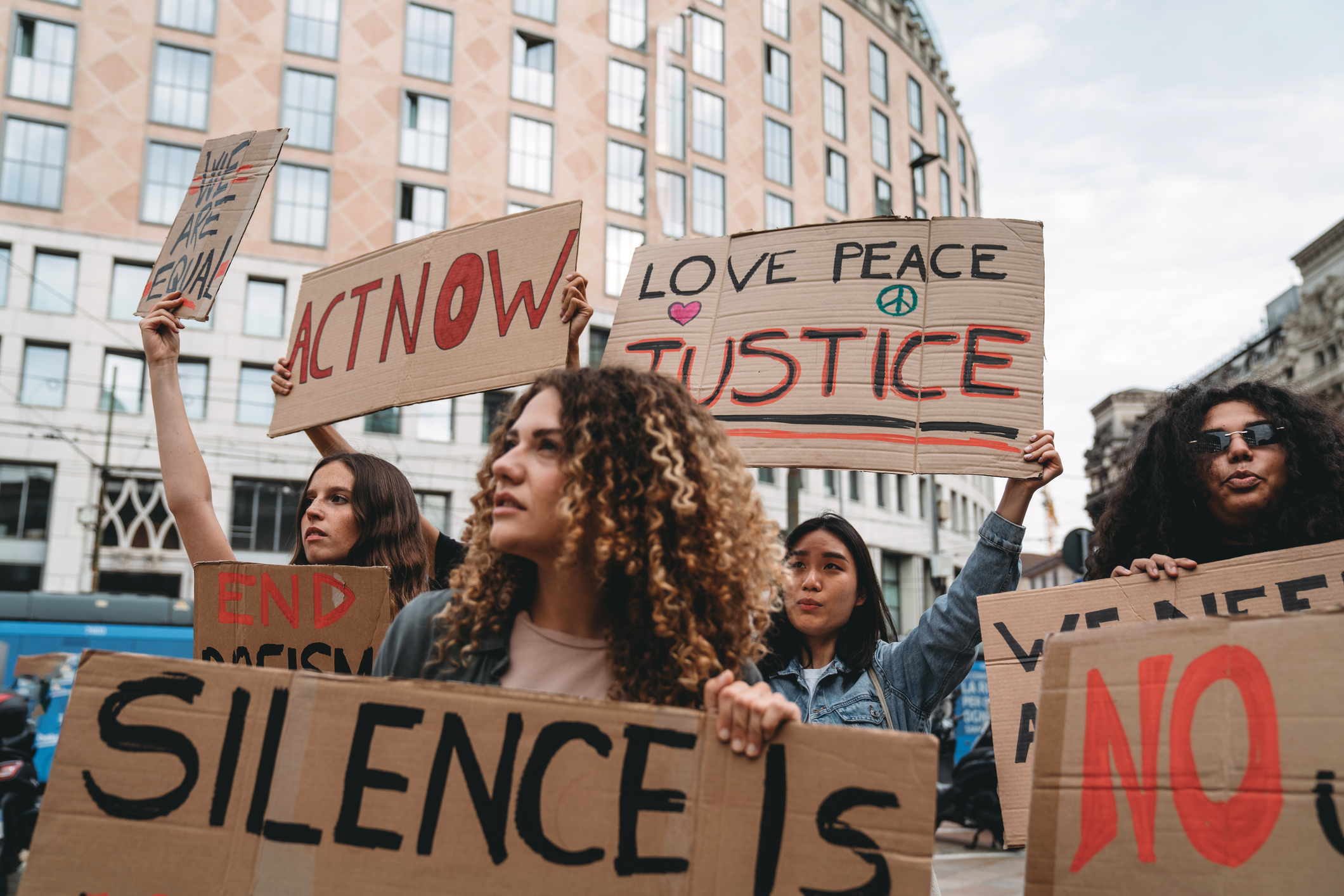
Clowns, Reverse Boycotts, and Involuntary Walkathons: How Communities are Making Political Violence Backfire
*This article was written by Chief Organizer Maria J. Stephan and was first published on Just Security. The new dystopian Hollywood film, Civil War, has raised the specter of devastating violent conflict...
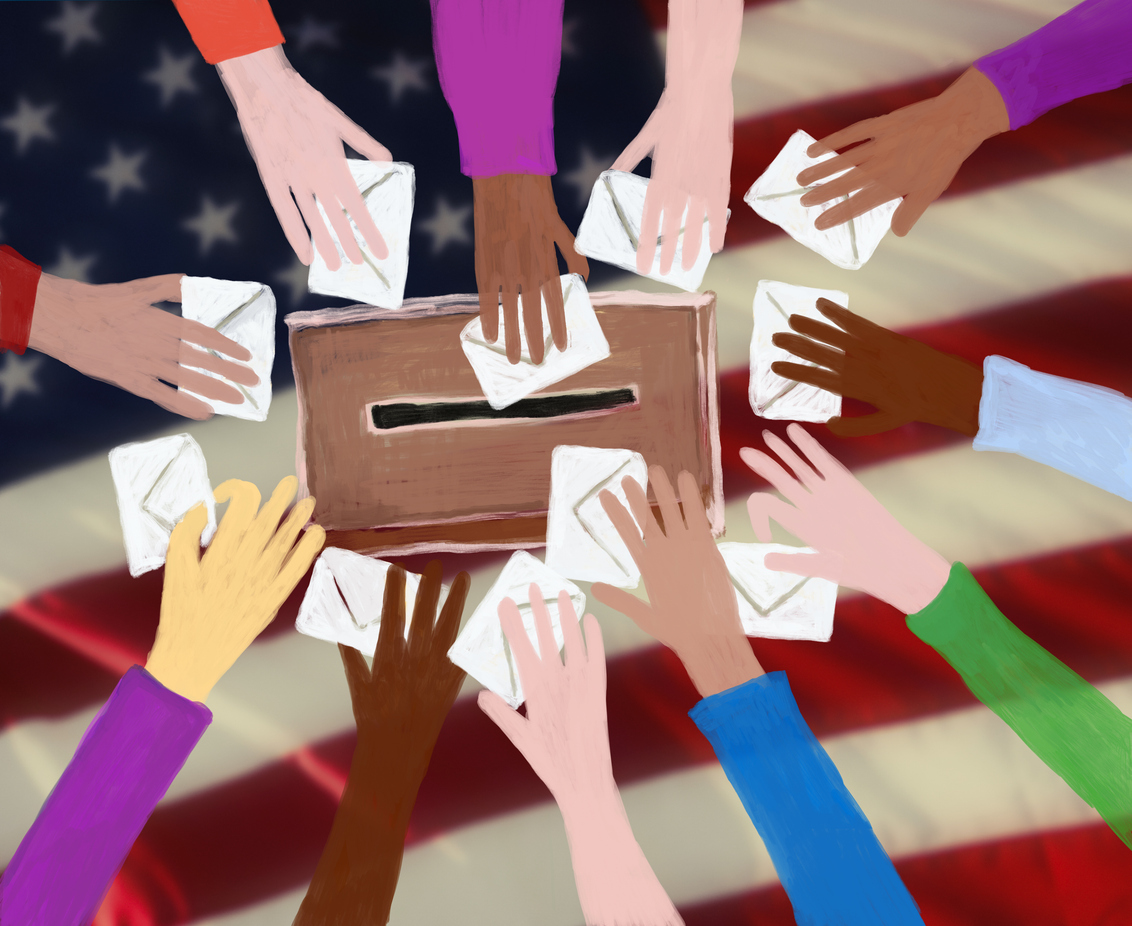
Can Multiracial Democracy Survive?
*This article was written by Chief Organizer Maria J. Stephan and was first published on Sojourners. Racial justice and pro-democracy advocates share a common agenda. DEMOCRACIES OFTEN DIE by a...

Defending Democracy by Expanding the Agenda
*By Research Assistant Sivahn Sapirstein and Director for Race and Democracy Jarvis Williams. As 2024 continues, all eyes are on the Presidential election. Many Americans are focused on the colossal...

Faith in Democracy: Mobilizing Religious Communities for Democratic Change
*By former Research Assistant Sama Shah Promoting Democracy, Protecting Faith The importance of a robust democracy in safeguarding the rights and fostering the civic participation of the religious cannot be...
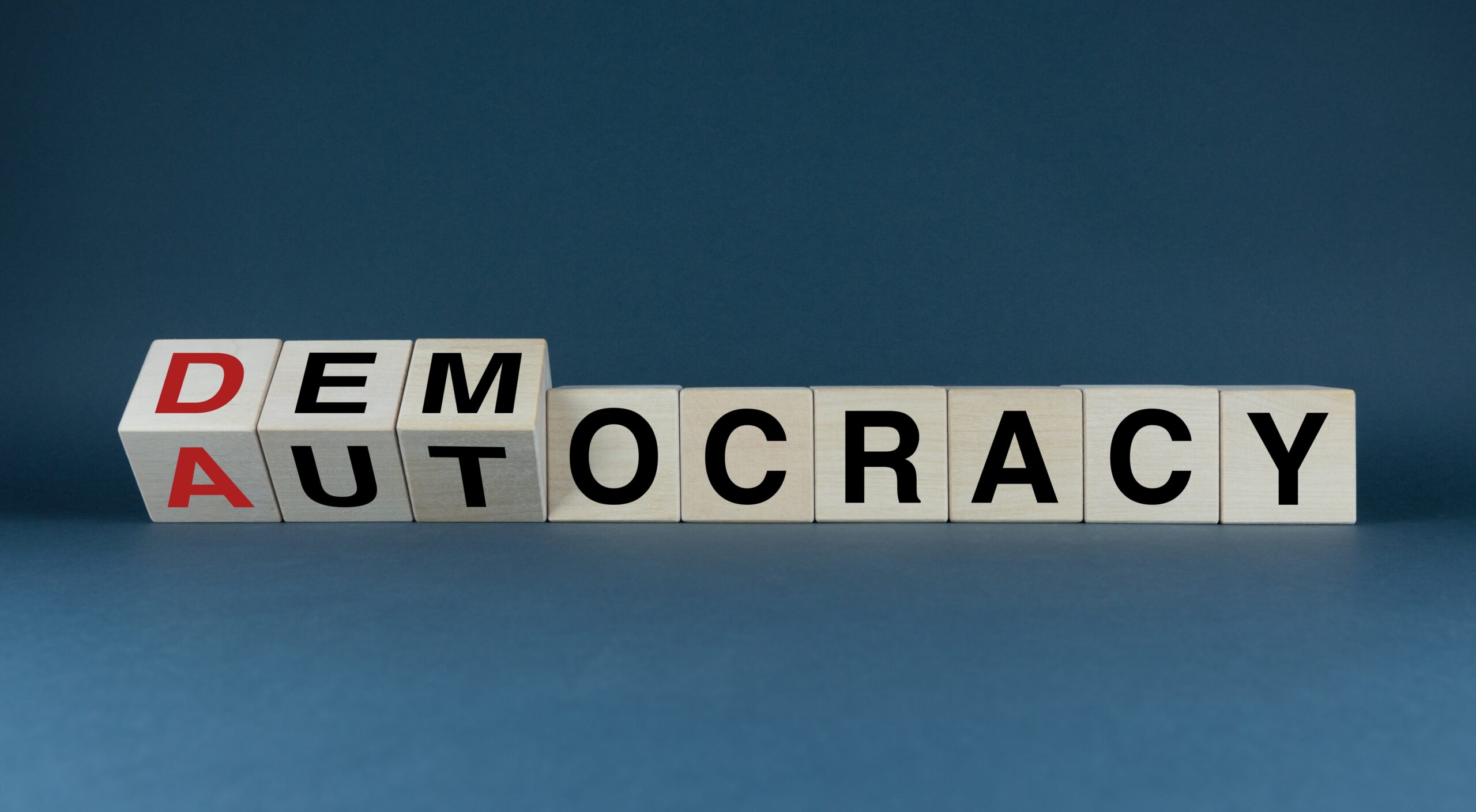
The Global Far-Right Authoritarian Alliance Threatening US Democracy – And How to Weaken It
*This article was written by Chief Organizer Maria J. Stephan and was first published on Just Security. Hungarian Prime Minister Victor Orban sparked widespread outrage a year ago with a speech to members of the...
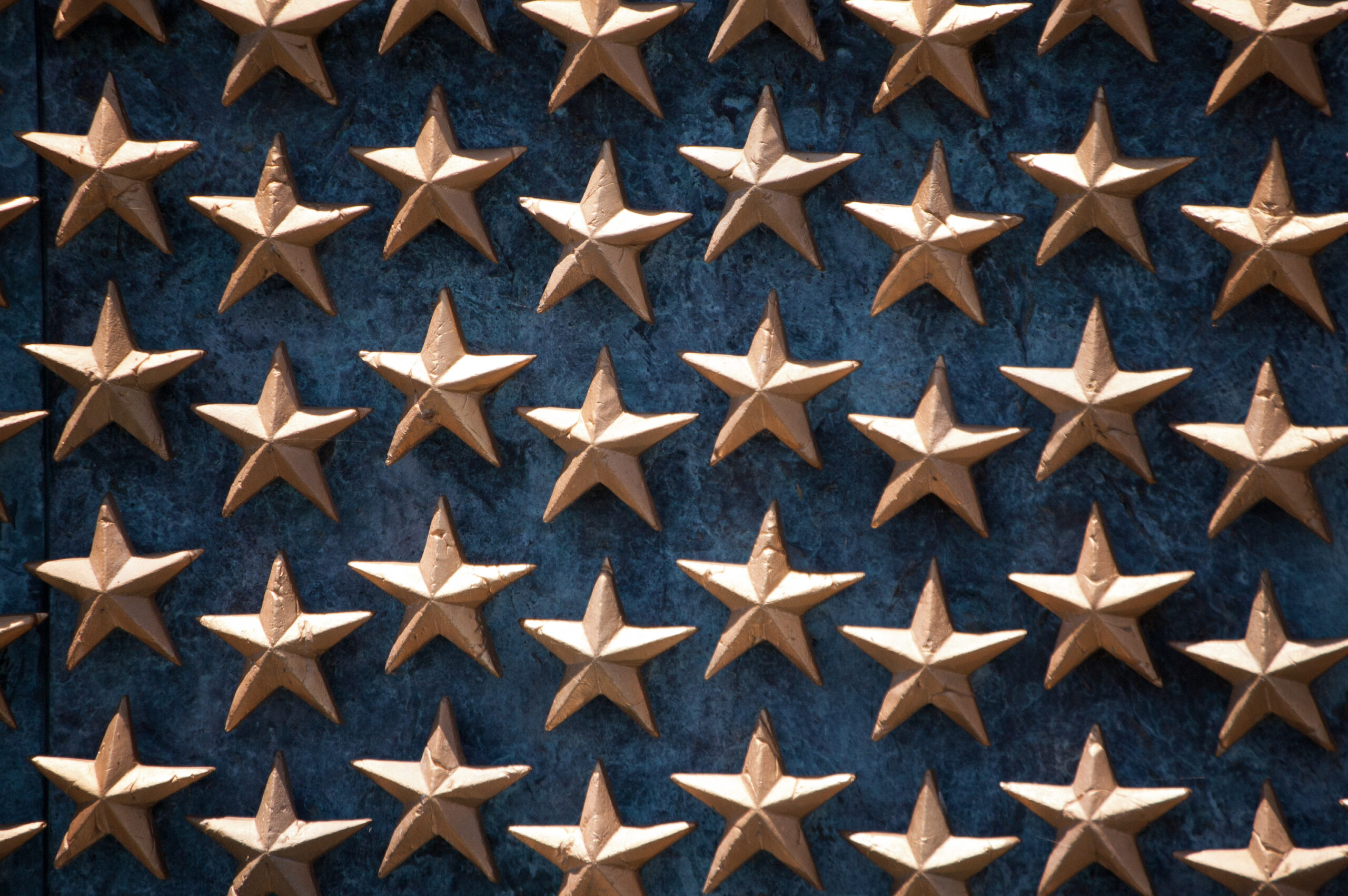
THE PILLARS PROJECT: Veterans and Military Families
*By former Director of Applied Research Jonathan Pinckney. Why should veterans and military families care about authoritarianism? American democracy is in a moment of crisis. Long-standing authoritarian trends and practices...
